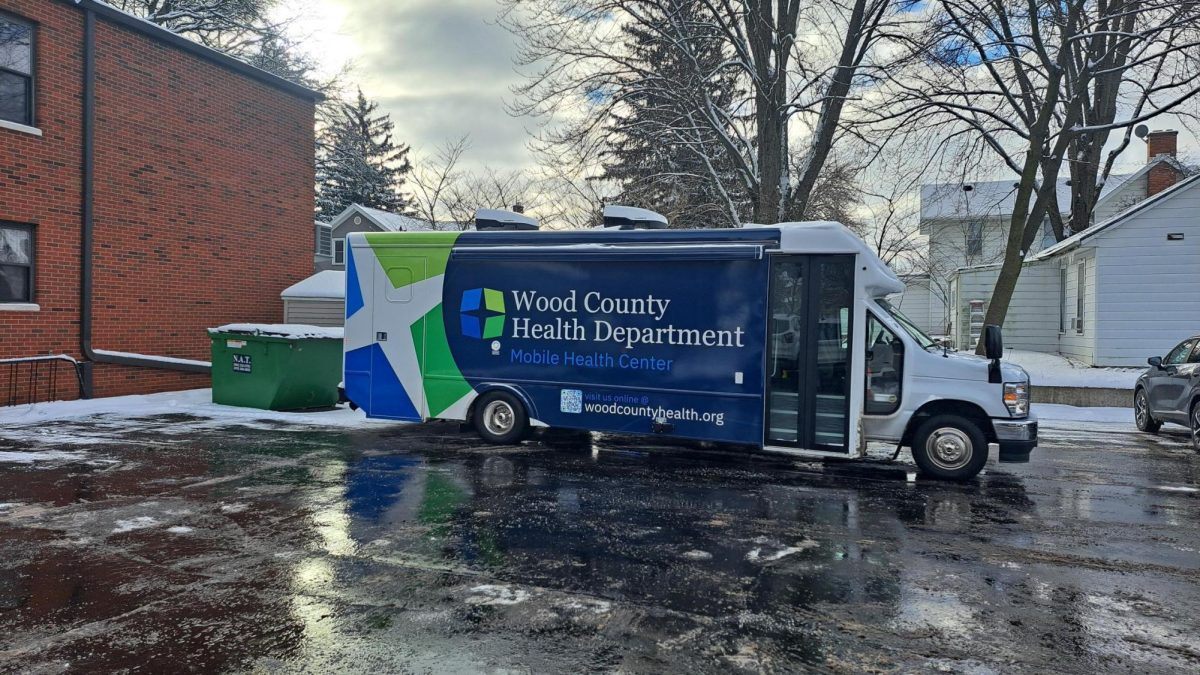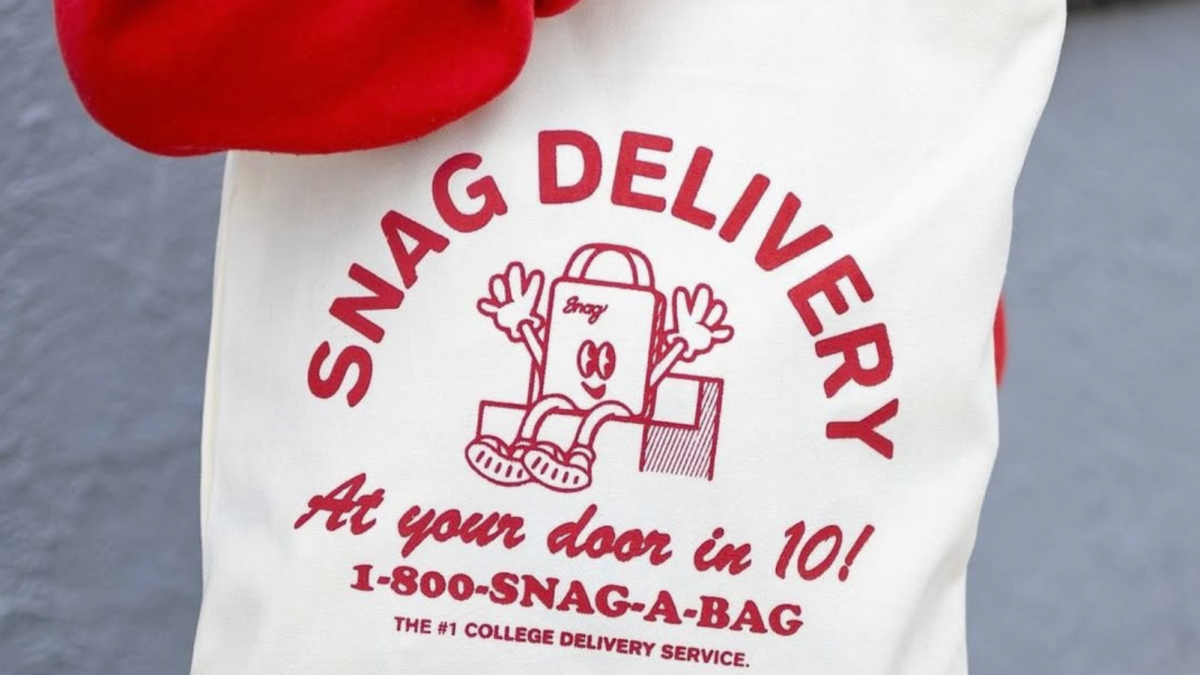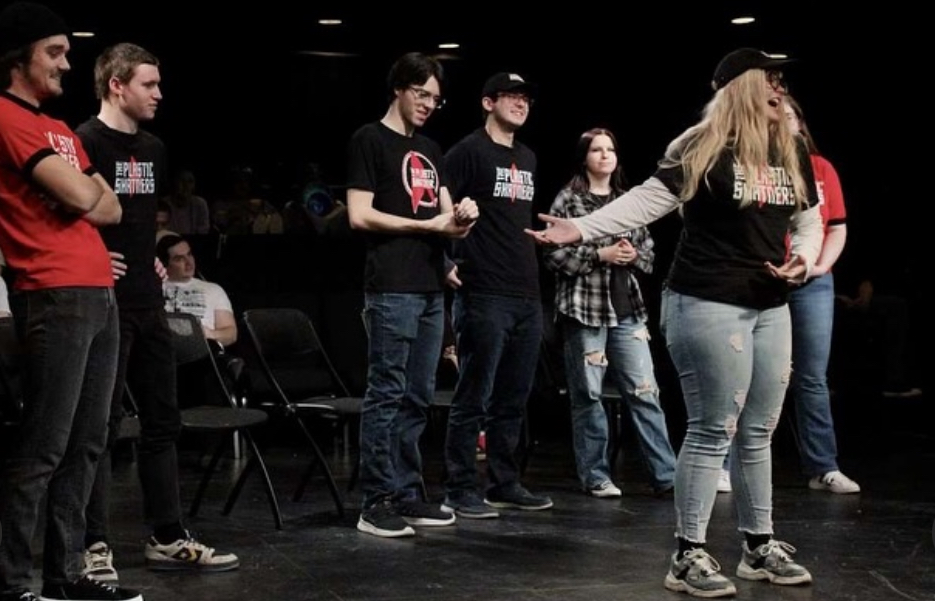While the Not In Our Town movement only began a year ago, students and staff hope that 100 years from now, people are still talking about it.
With this in mind, members of the movement are working to archive Not In Our Town to ensure that this happens.
Not In Our Town is an organization and recent grassroots movement that works to promote equality and tolerance in the community.
Graduate student Arpan Yagnik talked about the importance of the movement.
“The group embraces sentiments and eradicates intolerance,” Yagnik said. “It is very important for BGSU to have an inclusion group to promote diversity and keep a historical record.”
While members work to promote events of inclusion and tolerance, the group also works to keep an archive of historical information pertinent to social inclusion.
“It’s a very new movement, but we’re beginning to collect materials that we can preserve for future generations,” said University Records Manager Mike Intranuovo. “We’re in the early stages. We’re just beginning to collect new materials that students can hopefully have access to for generations to come.”
Intranuovo said his role in the project is keeping a record of any materials that come to him. Anything from meeting minutes, social media, flyers, emails and audio visual documents will be recorded.
“We hope that 100 years from now students can look back and see how Bowling Green has grown and changed for the better,” Intranuovo said. “We’re moving in a really good direction, and I think this is the first step.”
Vicky Kulicke, the University’s Equity and Diversity officer, also talked about the Not In Our Town movement and what it stands for.
“Grassroots means that anyone can be a part of the organization. It’s for people that want to see change; it’s for everybody,” she said.
Kulicke, along with other faculty members, introduced the Not In Our Town movement to the University in October 2012. The group’s purpose is to combat social injustice and to unite students of all backgrounds into an inclusion group that supports the community’s acts of tolerance.
“The movement is great for any community,” Kulicke said. “It gives a voice and a language to those who wish to speak up in difficult situations.”
Members and facilitators involved in the Not In Our Town movement have regular meetings that any student is free to attend.
To learn more about the movement, students can contact Vicky Kulicke at [email protected] or attend the next meeting on February 14 from 2 to 4 p.m. in 308 Union.













